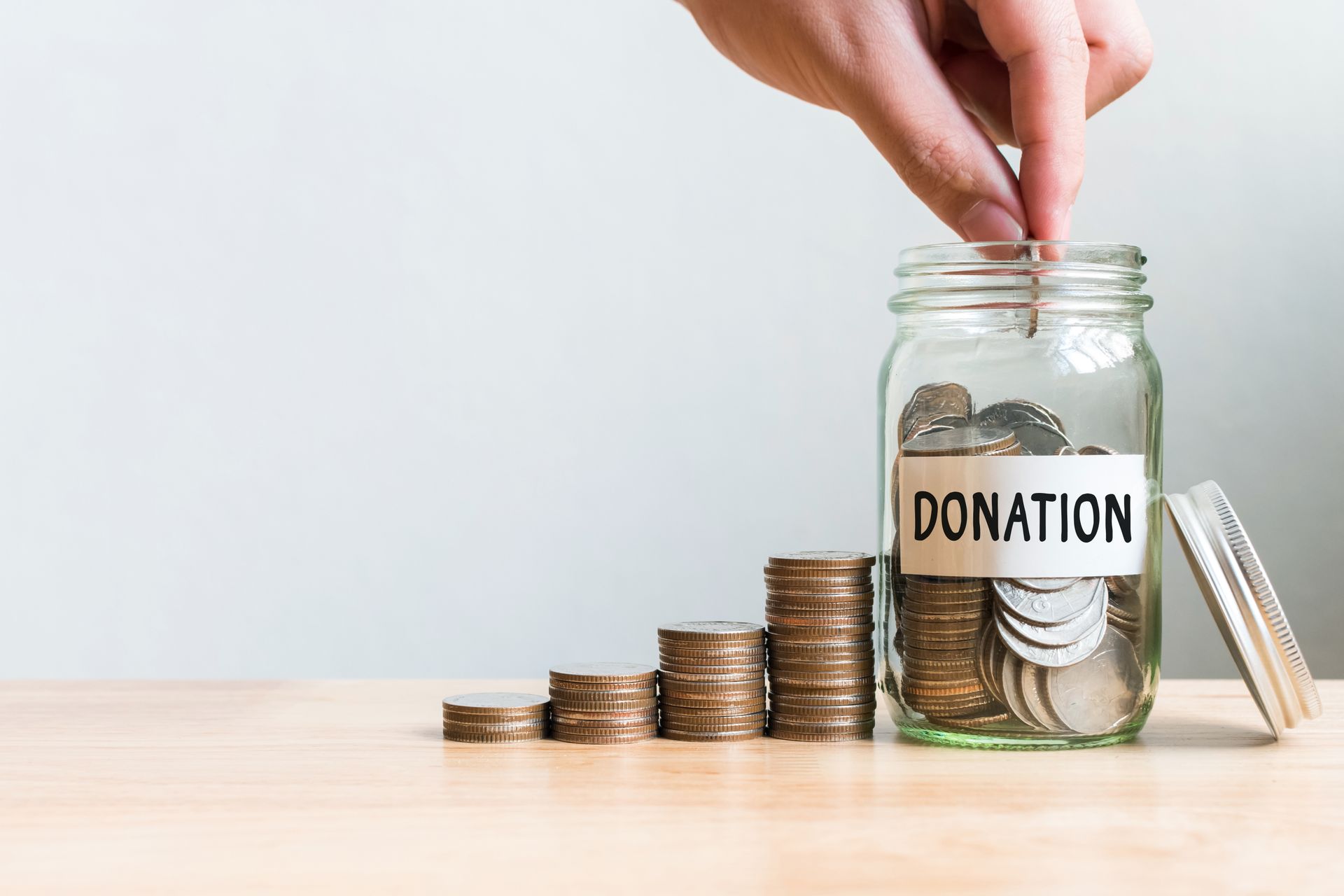Steps to saving for your first home

For the first time in a long time, there may be an opportunity for first home buyers to enter the market with relative ease. Cooling property prices come down to recent aggressive rate hikes by the reserve bank. And although the words “aggressive” and “rate hikes” don’t sound pleasant, many first home buyers are jumping for joy. Even so, it’s important to stay informed and know the steps to saving for a first home.
1. Know what entitlements are up for grabs & utilise them.
First Home Guarantee Scheme.
If you don’t already know, the Federal Government just launched the First Home Guarantee scheme in July 2022. This scheme aims to support eligible first home buyers to buy a home with a deposit as little as 5%. With the standard sitting at 20%, this is obviously a huge opportunity to break into the market. You also don’t need to pay lenders' mortgage insurance — which could save you up to $15,612 for a property purchase of $450,000.
WA Stamp Duty Waiver First Home Buyers.
Add to this the savings in the WA stamp duty waiver for first home buyers for properties $430,000 and less, and a reduced rate for homes up to $530,000. If you pay $450,000 for your first home, the stamp duty cost would be $3,838, which is a saving of $11,552 on the duty of $15,390 that other buyers would pay.
First Home Super Saver.
Established in 2017, the First Home Super Saver (FHSS) allows you to save up to $15,000 a year for your first home inside your superfund, using pre-tax dollars. Let’s say you earn $80,000 in annual income, salary sacrificing up to $288 a week into the FHSS could result in a tax saving of up to $2925 per annum. Just make sure you read up on the fine print when it’s time to withdraw funds.
$10,000 First Home Buyers Grant.
Shall we keep going? In addition, a one-off payment in the form of a first home buyers grant of $10,000 will help cover upfront costs and boost your 5% deposit. There are also several banks offering a $2,000 (or thereabouts) incentive to cover bank fees and government charges, so make sure you explore different banks for your home loan.
2. Establish a savings plan.
From the time you start working, you should establish a solid financial footing by starting a regular savings plan equivalent to monthly rent. If you still live at home, a good way to do this is to pay your parents “rent”, which they then put away for you as a deposit for your home loan. Before long, you’ll have that 5% deposit — or ideally, even more. Remember, the higher your deposit, the less your mortgage and interest will cost you.
A record of squirrelling savings into a savings account also proves to the bank that you’re capable of managing regular repayments — this will assist you in securing a loan. For example, the bank will want to see a minimum savings pattern of 5%, saved over three to six months. Stability in employment and residential history is also helpful. In the present environment, banks are required to “test” lending capacity based on a higher interest rate of 8%. Demonstrating strong saving habits and avoiding the traps of buy-now-pay-later services will go a long way to securing the right loan.
When the time comes to start exploring properties, you should seek the advice and services of a mortgage broker. They can assess your borrowing capacity based on your income and savings.
3. Put the plan into motion.
Let’s say you’ve got a borrowing capacity of $400,000. Together with your various savings and entitlements, you can set your plan in motion knowing you’ve taken all the right steps in securing your first home.
Rope in as many professionals as possible so you have a clear picture of how each aspect of purchasing a home (and saving for one) works. Mortgage brokers, real estate agents, financial advisors, accountants, and your bank should all be consulted at one point.
More advice on saving for your first home.
We’d love to help you financially prepare for getting into your own home. With a well-connected network of financial experts, we can also refer you to other professionals that can set you up for first home buyer success. So, start the conversation here.
Need help with your accounting?








